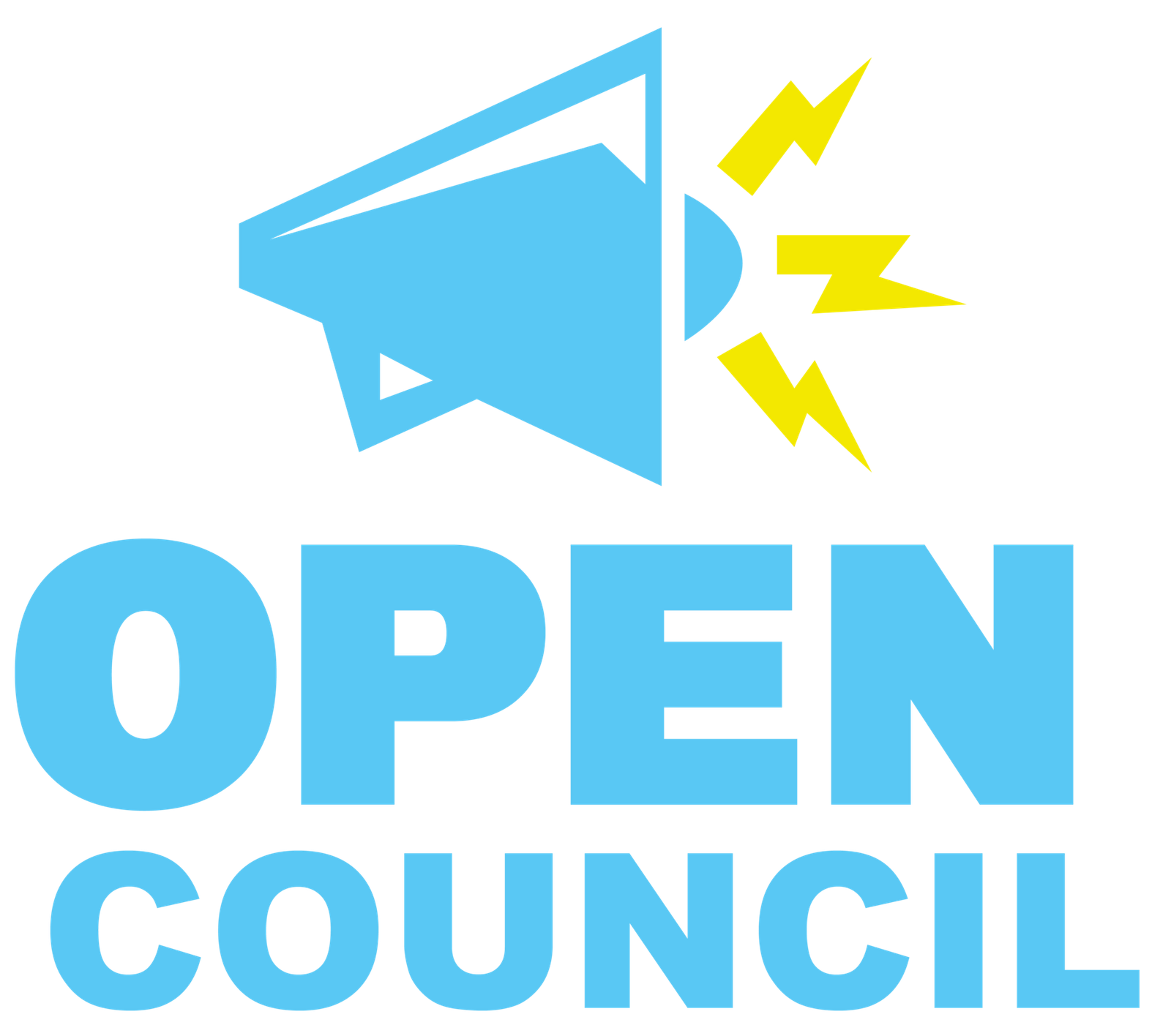By Correspondent
Harare City Council has shut down 1830 businesses in the Central Business District under its Operation Restore Order currently ongoing.
The operation is meant to regularise the operations of the many small businesses and buildings in the centre.
In a statement, the local authority released staggering numbers of businesses that have been affected.
“As at 15th September 2025, the City of Harare continues to urge business people and building owners in the CBD to immediately regularise their operations with the City to ensure total compliance.
The latest statistics of the operation are as follows:
- Total number of businesses closed – 1830
2. Buildings with arrears – 534
3. Total buildings with disconnected water – 81
4. Businesses without licenses – 1471
5. Number of buildings without building plans approved – 609
6. Buildings with building plans approved – 2712
7. Buildings with expired fire extinguishers – 125
8. Buildings with fire certification – 3814
9. Number of buildings without subdivision permits – 744
Town Clerk Targets Higher Figures
Acting Town Clerk, Engineer Phakamile Mabhena Moyo, has since urged all businesses to quickly comply with city by-laws.
“I set a collection target of at least 70 percent of the potential revenue.
“I call upon all of you to reflect on how we can improve our revenue collection so that we achieve this ambitious target,” he said.
Council has said the operation will soon spread to areas outside the CBD.
It will cover industrial areas and the rest of the city as they aim to boost their financial coffers.
The City has struggled to increase its revenue collection efficiency, and since 2022 has barely reached 50%.
Authorities have since urged comprehensive strategies, which are all-encompassing.
They must be underpinned by tight cost-cutting measures to address the cash-flow challenges being experienced.
New Strategies for Collection
Acting Finance Director Godfrey Kusangaya expressed great concern over the decline in revenue collection in a special council meeting.
He said this was adversely affecting the quality of service delivery.
“Our collection efficiency stands at 45 percent, which means service delivery is suffering and we cannot continue like that,” said Kusangaya.
Kusangaya urged departments to take charge of their revenue generation streams diligently.
“Council through the Chairperson of the Human Resources and General Purposes Committee to constitute a committee that cuts across all committees for monitoring and driving the revenue maximisation agenda,” he said.
He said there would be a quarterly review of each Department’s performance against set targets.
“All activities at the District level should be supervised by the District Officer with all staff reporting to the District Officer administratively and functionally to their respective departments,” he said.
Traditional revenue streams include trenching permits, illegal dump fees, building plan submission, environmental regulatory fees and permit and inspection certificate fees.



